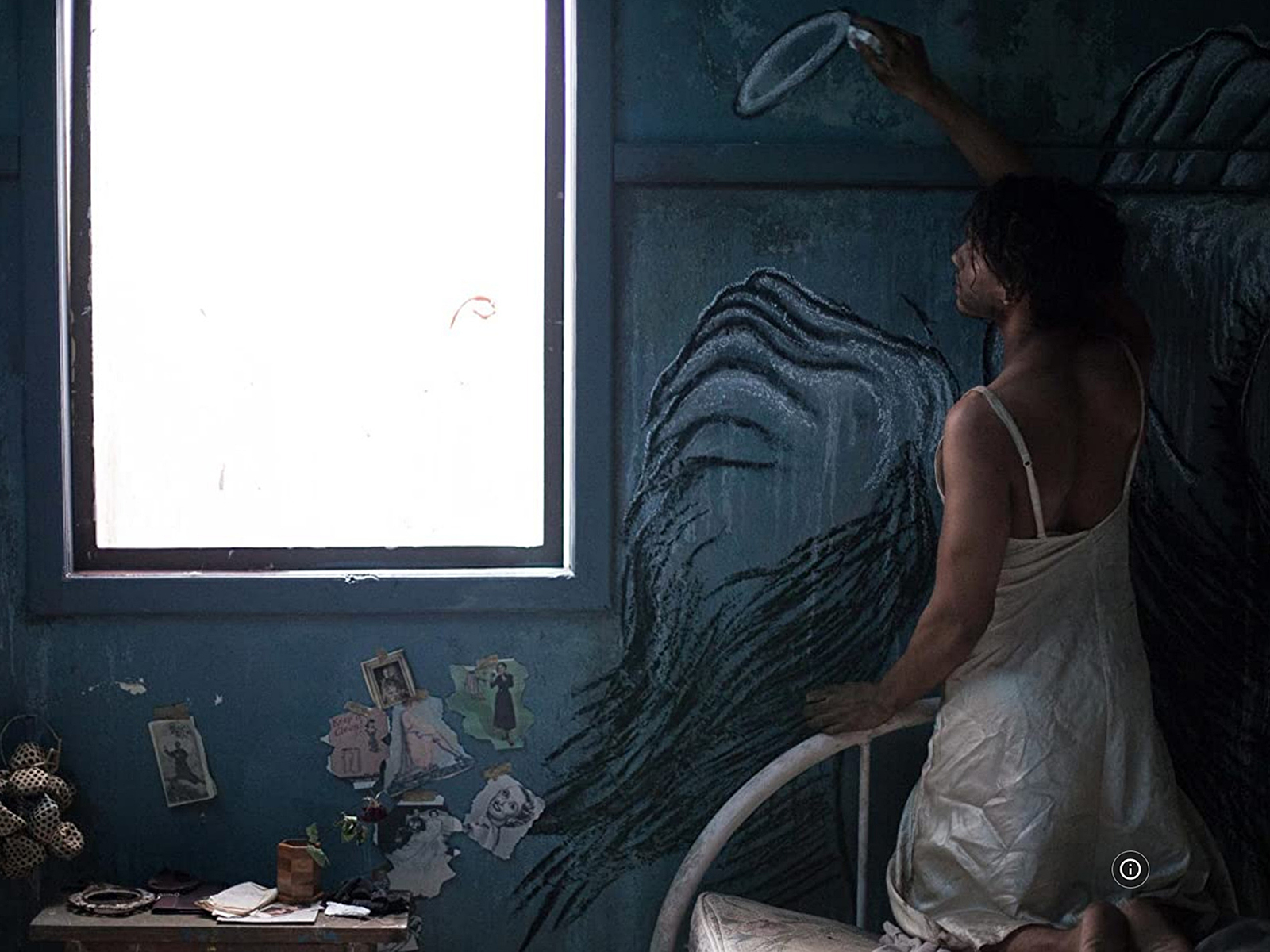
- Golden Globe Awards
A State of Madness (Dominican Republic)
One Flew Over the Cuckoo’s Nest, a Best Picture Golden Globe and Oscar winner in 1976, made such an indelible impression on viewers that for decades since its release, it has colored an audience’s view of both mental institutions and movies that take place within them. Based on a true story, A State of Madness slowly and subtly upends some of those expectations, using its setting as a means by which to explore the larger moral rot of the system that surrounds it.
The fourth film of Dominican trailblazer Leticia Tonos, this historical drama unfolds in the early 1950s, during the brutal dictatorship of Rafael Leonidas Trujillo. The movie focuses on Dr. Antonio Zaglul (Luis José Germán), who finds himself drafted somewhat against his will into a hospital administrative/oversight position and forced to grapple with resource shortages and various political pressures while attempting to elevate the level of care for the wide range of patients under his charge. As his modestly progressive initiatives are shunted aside and undermined, even more sinister problems – including the framing of a patient for murder – emerge, placing Zaglul and others in mortal danger.
Juggling character-based drama with a surgically precise look at the bureaucratic push-and-pull of self-survival within an autocratic system, A State of Madness is a work of considerable ambition masquerading as a simple and intimately scaled story. Aided by a superlative score from composer Kaelo Del Rio, as well as cinematographer Luis Enrique Carrion’s artful use of natural lighting in location spaces, Tonos crafts something rather singular – a type of “medical noir,” almost, in which the careful, calculated pushback of a conscientious white-collar professional comes to be seen as an act of radical political dissent.
Holding everything together, meanwhile, is Germán’s deftly modulated performance, which gives A State of Madness a sense of palpable, if besieged, humanity. The result, grim but never bleak, posits that while life may be both a tangle of impossible choices and a graveyard of dreams, it still offers up opportunities for redemption, even in dark times.